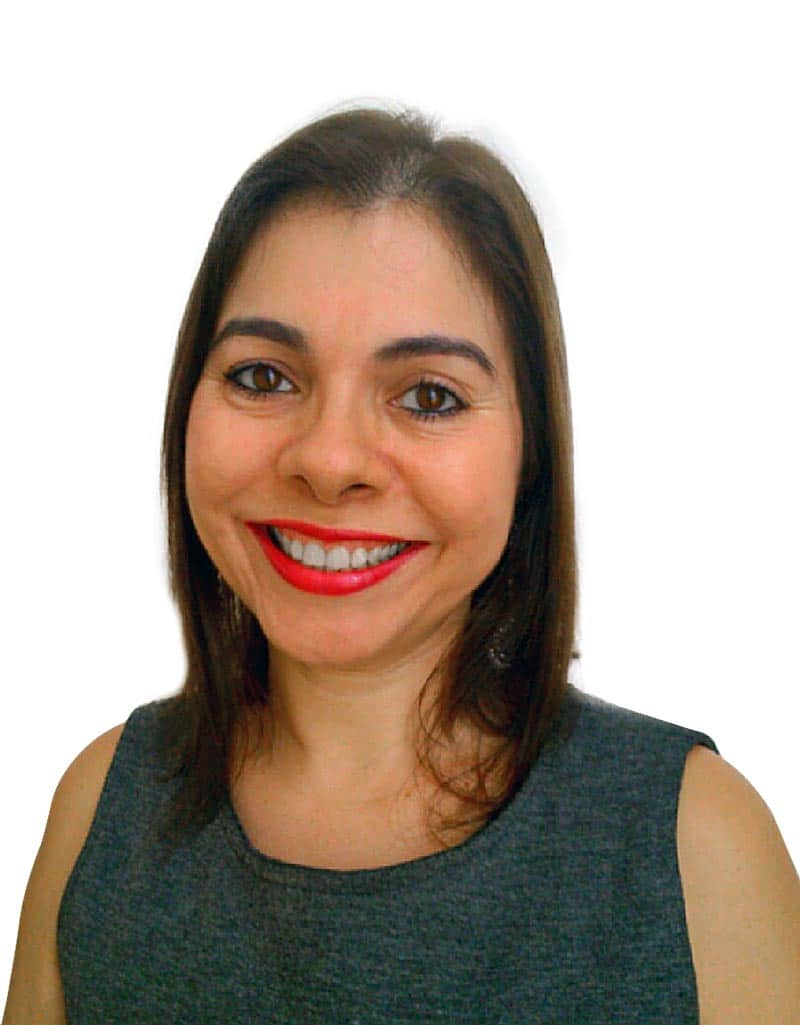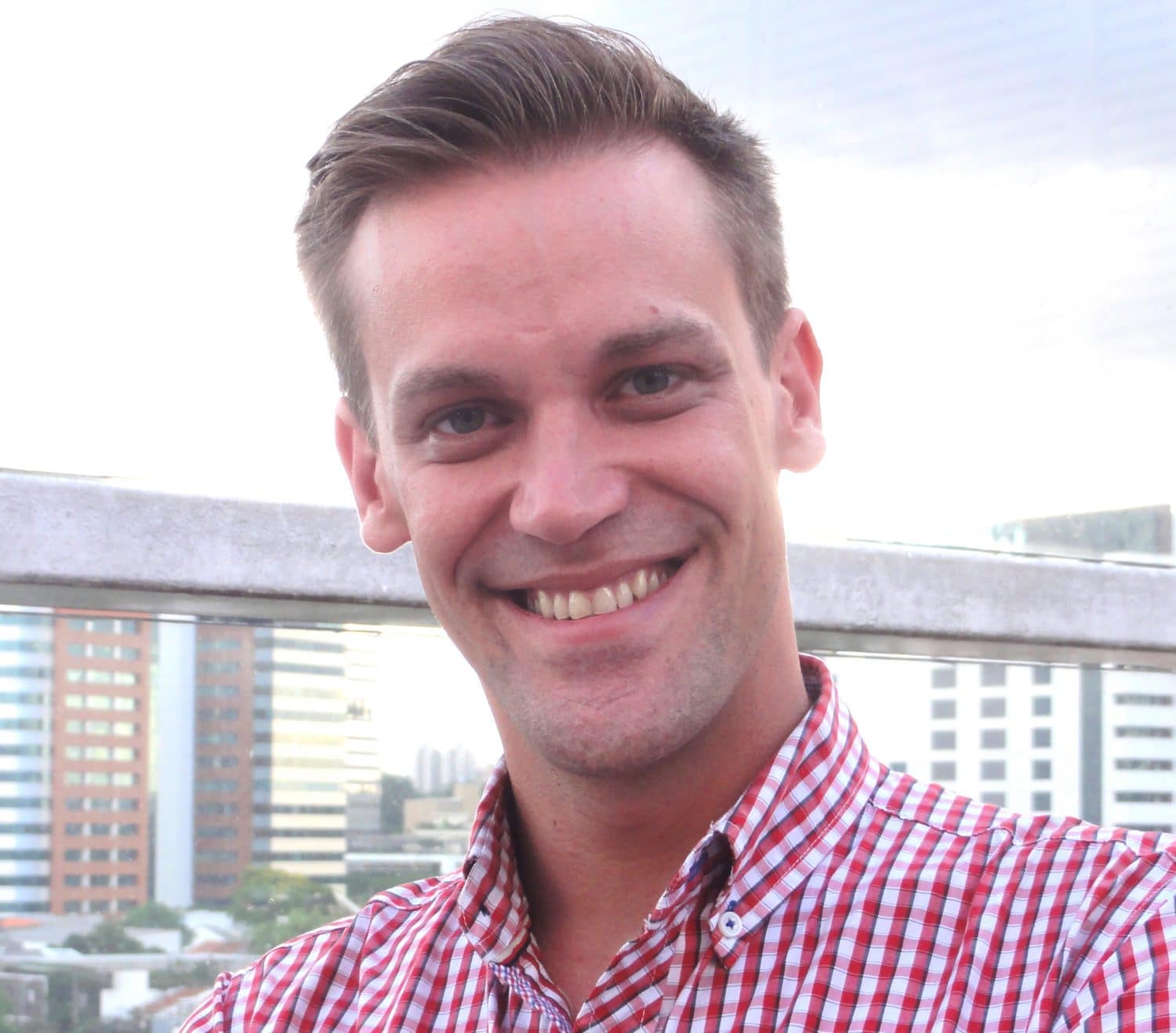Do you fear a career plateau?
Most teachers of English, I believe, will have heard of the intermediate plateau, when students who reach intermediate level feel that are somewhat stuck in the learning process and not making any progress. Likewise, many of us will have experienced a career plateau at some point in our professional life. Can this feeling be avoided? Does it have to be avoided? Should overcoming career plateau be one of our goals?
From time to me I feel I need to do something new, to try something I had never done before, and it doesn’t have to be something huge. These are a few thoughts that came to my mind when I was thinking about dealing with a career plateau. I have tried some of the things below, and some are on my to-do list. Have a look at them and see if they’d work for you.
Teach another level – if you work at a language institute, or at a regular school, ask to teach another level. I still remember when I was given my first intermediate group. It was a big challenge and, in the beginning, I used to spend quite a few hours preparing lessons and thinking of activities. Try different levels, different profiles (e.g. intensive courses, business English), different age groups (a negative experience teaching kids, for example, does not necessarily mean it’ll always be like that). Combine what is known and easier with new experiments. Staying for too long in the comfort zone can also be very stressful.
Use another book (or use the same book in a different way) – It is so easy to use the same series of books over and over again. You know the lessons by heart, you know what will work and what won’t, how long activities take, so on and so forth. But doing the same things over and over again can make us extremely demotivated. Maybe you could try doing the same activities in a different way. Check the teacher’s manual, for instance and see suggestions on how to conduct activities. Most teachers I know never read the Teacher’s Manual, which is a real shame. Pilot a new book and see new topics, new perspectives and new tasks. If you work in a school and cannot change books, why not…
Teach some private lessons? – Ok, you must be busy and maybe overworked, but I strongly defend teaching some private lessons. The focus changes, you make decisions more independently and can experiment more. Besides, there is not the pressure of marks and schedules, and you are more likely to have highly motivated students. Motivated students help keep us motivated in return and a new challenge can make us break through the wall of stagnation.
Organise material you produce – I have just very recently realised the huge amount of material I have produced over the years: presentations, extra exercises, articles, complementary activities. I now regret not having been more aware of how all these materials are part of my professional story and how they can help retell it. Looking back and re-reading things I have produced have given me a boost in energy.
Attend conferences – whenever possible. If you can’t attend in person, try webinars. At least to me, webinars are not the same thing, but their relevance as far professional development is concerned is unquestionable. Webinars have given us the opportunity to exchange ideas with people from all over the world, to feel less isolated and to learn. Curiosity and a passion for learning are, in my opinion, what keeps us going, no matter what we do for a living.
Give new people a chance – the big names will always have a safe place in conferences, be they face-to-face or online, but how do well known presenters and writers become well known? That’s probably because they were given different opportunities to show their work. Remember we are all inexperienced when we start, so give new presenters and writers a chance. Besides, being less experienced doesn’t mean that you don’t know what you are talking about. New people can mean new ideas and new perspectives, or even old ideas that you have forgotten in your busy life.

Change paths – For some, change needs to be more radical when a career plateau is reached. These are the people who will give up teaching to start editing, or give up editing to start writing, give up writing to start coordinating, begin their own business, do different things at the same time or even choose another profession. Reasons for changing paths will vary, but it’s something that surely demands courage and planning. However, a sweeping change may make the whole difference and lead you to a more fulfilling personal and professional life.

Take a sabbatical – It might be the case that you don’t need to change paths completely, but you need a break, some time to study more, read more, question your own assumptions, and open your mind to new horizons. Taking a sabbatical, just like changing paths, requires courage and planning, careful planning, especially if you depend on your work to make ends meet, which is the case of most of us. If done thoughtfully, it can be rewarding and renewing, I suppose.
I believe we will all reach (or have reached) a career plateau one day, and probably not only once. So maybe it’s not a matter of fighting the feeling, but of being aware that it happens and that overcoming it, breaking this barrier, will make us grow, develop and feel invigorated. To me, contributing to RichmondShare is one of the ways of overcoming my own feelings of being trapped doing more of the same. Having to sit down, reflect and put into words my own beliefs and knowing people will read them and ponder, criticise and think about them is a challenge that also keeps me going.





